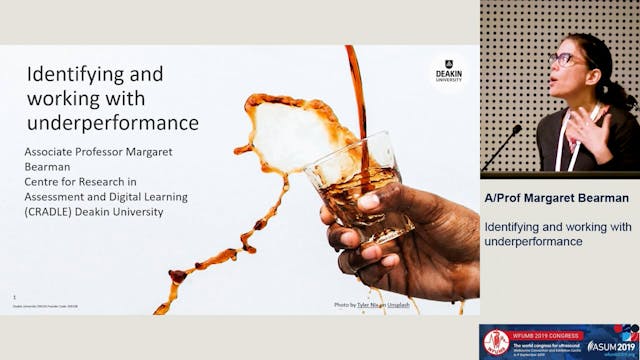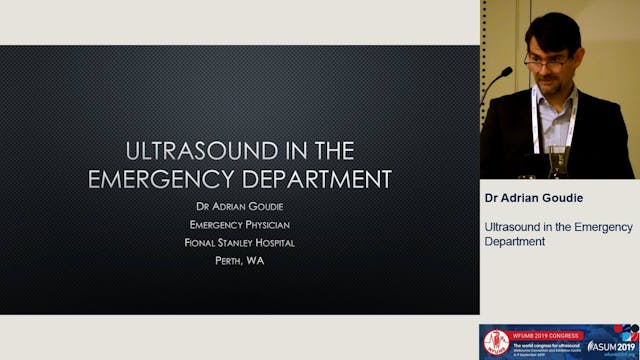Simulation to teach laparoscopic surgical skills - tips, pearls, and pitfalls
PHYSICS & SAFETY
•
29m
Surgical training is radically changing in many countries worldwide. The traditional Halstedian model of time-bound apprenticeship is being replaced with competency-based learning surgical programmes. There has also been an increase in the use of simulation-based medical education (SBME) including the educational principles influencing the way that we acquire and maintain new surgical skills. These principles are not just unique to the surgical domain and can be applied to other procedural-based disciplines. Surgical SBME involves the acquisition of both technical and non-technical skills including; laparoscopic skills acquisition, basic surgical, emergency resuscitation, communication, leadership and team working skills. In technical skills acquisition laparoscopic surgery is ideally applicable to SBME. The skills utilised to safely perform this operative modality are unique and include altered depth perception, fulcrum effect, loss of haptic feedback, 2D to 3D realisation, fine motor skills and altered tissue handling. The educational techniques used to teach these skills in a simulation environment will be discussed, as well as, their adaptability to other procedural skills acquisition. The creation, validation and application of low-cost simulators will also be discussed and their application worldwide into different settings.
Up Next in PHYSICS & SAFETY
-
Neck Pain in Sonos - a Biopsychosocia...
Learning outcomes:
- Prevalence and of musculoskeletal and neck pain in sonographers and their associations with individual characteristics, work-related physical and psychosocial factors and general psychological features.
- Sensory and muscular characteristics associated with neck pain in son... -
Identifying and managing the underper...
Underperformance is a key challenge for all clinical educators. This interactive presentation will outline theory and evidence behind working with underperformance. It will consider how to identify underperformance and helpful pedagogies for learner development.
-
Introducing US into the emergency dep...



